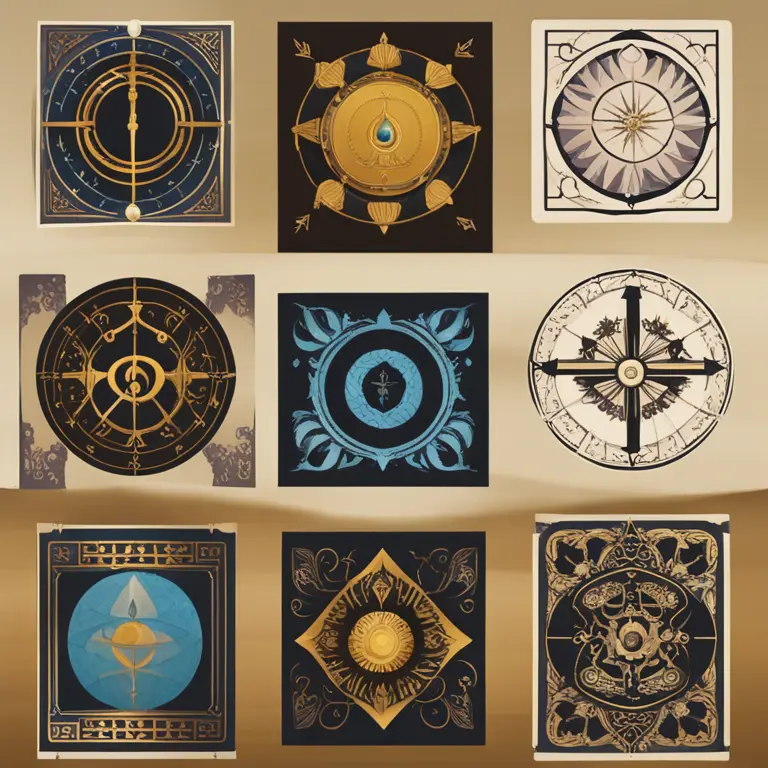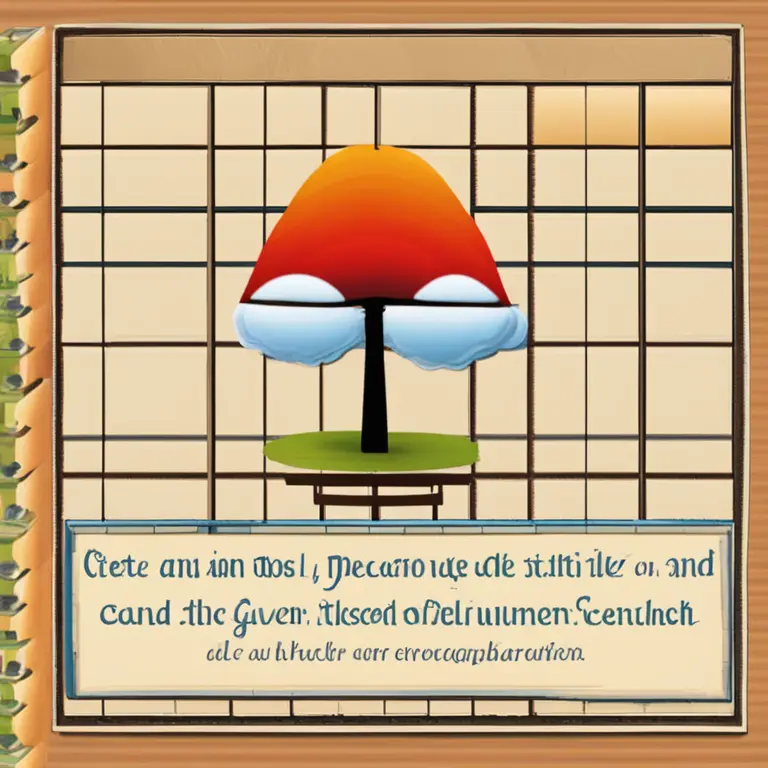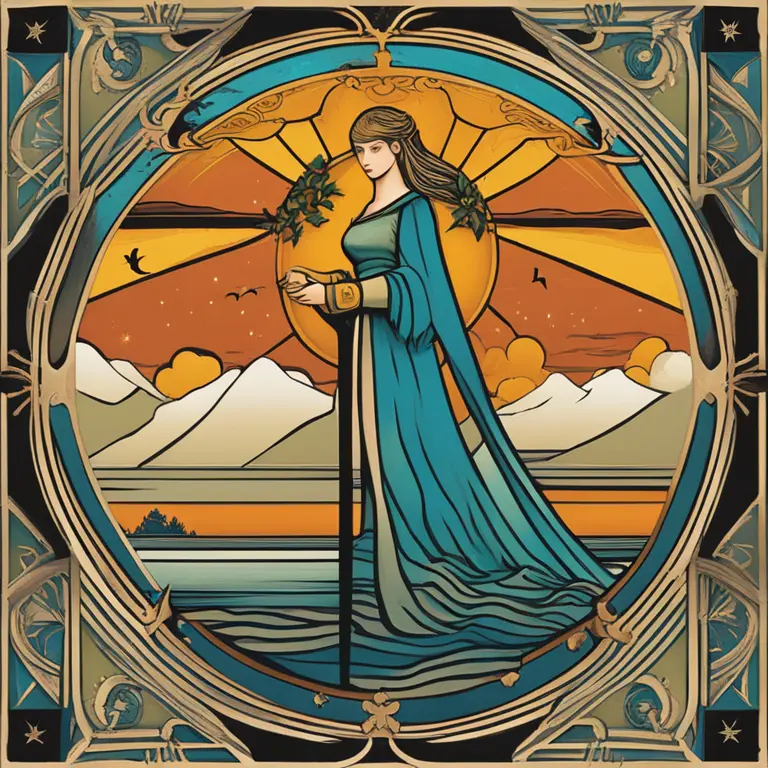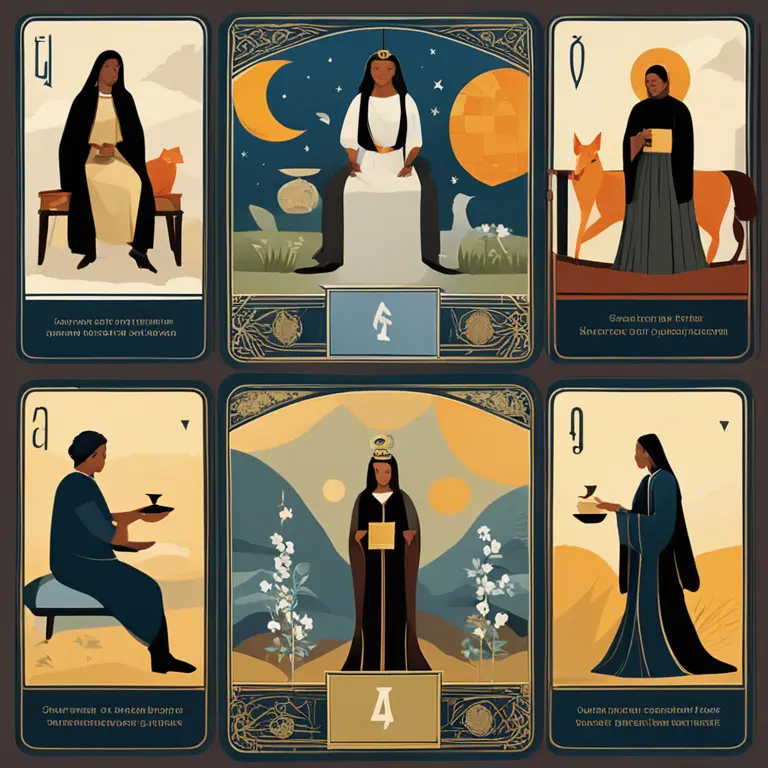
Introduction to Tarot
In the realm of mystical guidance and self-discovery, tarot cards stand out as a captivating tool. Originating from 15th-century Europe, tarot has evolved from a card game into a profound method of divination. Each tarot deck consists of 78 cards, which are divided into the Major Arcana and Minor Arcana. The Major Arcana encompasses 22 cards representing life's karmic lessons and spiritual insights, while the Minor Arcana comprises 56 cards related to daily experiences and trials. But how exactly do these cards work when seeking personal guidance?

Establishing a Connection
The process of a tarot reading often begins with a question or an area of life the seeker wishes to explore. While shuffling the cards, the querent focuses their energy and thoughts on their inquiry, imbuing the deck with their essence. This act of shuffling is not just a physical mingling of the cards but also a symbolic intertwining of the querent's energy with the potential wisdom of the tarot.

The Layout and Spread
Once shuffled, the cards are arranged in a specific layout known as a spread. Each position in the spread corresponds to different facets of the question or theme, such as the past, present, future, potential challenges, and possible outcomes. Spreads can range from a simple three-card layout to more complex configurations, each designed to provide a unique perspective on the querent's situation.

Interpreting the Imagery
As each card is drawn, the rich imagery and symbolism come into play. Tarot cards feature a variety of archetypal figures, elements from nature, astronomical symbols, and historical narratives that contribute to their meaning. The reader interprets these symbols in the context of the position the card holds within the spread, considering both the conventional definitions and intuitive impressions evoked by the imagery.

Intuition and Archetypal Resonance
One might wonder how a set of cards can reflect personal experiences or predict future events. The answer lies not in the cards themselves holding any special power but in their ability to act as a mirror for one's subconscious. The archetypes and symbols within the tarot tap into the collective unconscious—a concept proposed by the renowned psychiatrist Carl Jung—allowing the reader to access intuitive insights that might otherwise remain hidden.
The Role of the Reader
The tarot reader plays a crucial part in the process. A skilled reader not only brings knowledge of the tarot's symbolism but also employs their intuition and empathy to connect with the querent's situation. It's this connection that enables the reader to provide a reading that resonates on a personal level, offering potential directions or affirmation to the seeker's path. The reader's interpretive skill often determines the efficacy and depth of a tarot consultation.
The Dynamic Nature of Readings
It is important to note that tarot readings are not fixed in stone. They portray potential outcomes based on the querent's current trajectory. Free will allows individuals to use the insights gained from a reading to affect change in their lives. A tarot reading is not only a glimpse into the possible future but also a tool for reflection, empowerment, and decision-making.
Conclusion
Tarot cards serve as a fascinating gateway to unlocking personal insights and exploring life's mysteries. Through symbolic imagery and intuition, they offer guidance and reflection. In the hands of a receptive querent and a skilled reader, a tarot reading can provide clarity, highlight underlying patterns, and open the door to introspection and self-awareness as we move through the years ahead.
Published: 1/17/2024
Modified: 1/17/2024
More predictions
Come back here soon to learn more about yourself and your future


The Astrology Houses Full Guide
Discover the significance of astrology houses and their connections to different life stages through our comprehensive age guide.


The Guide to Astrology Houses and Their Rulers
Discover the significance of astrology houses and their ruling planets in this comprehensive guide to the foundations of astrological interpretation.


A Guide to Astrological Houses and Their Meanings
Delve into the classifications of astrological houses and discover the influences they hold over various aspects of life.